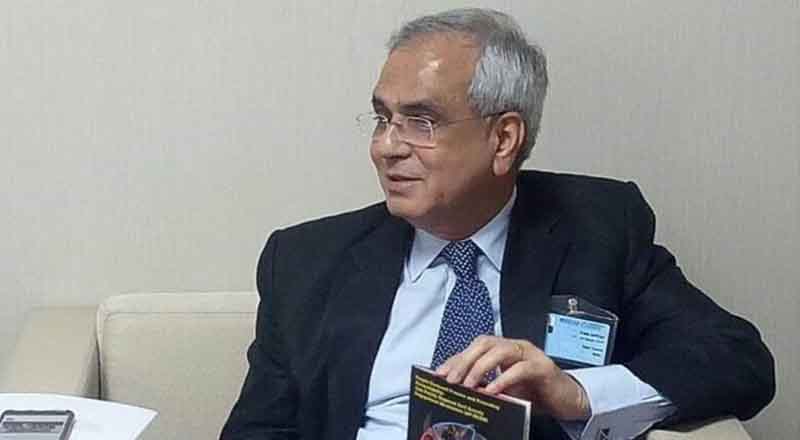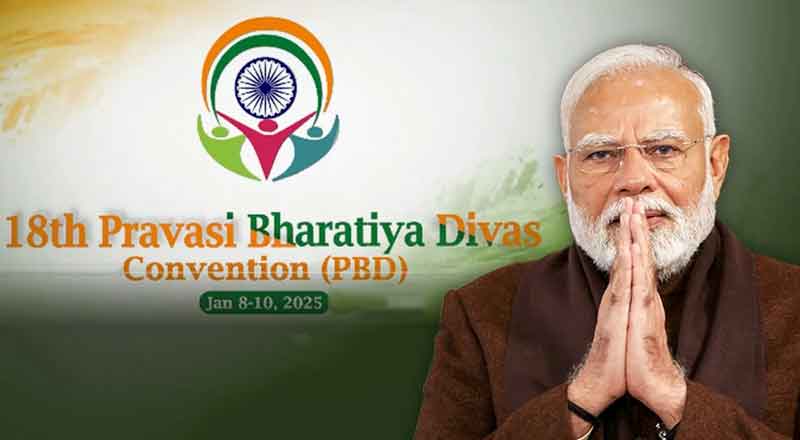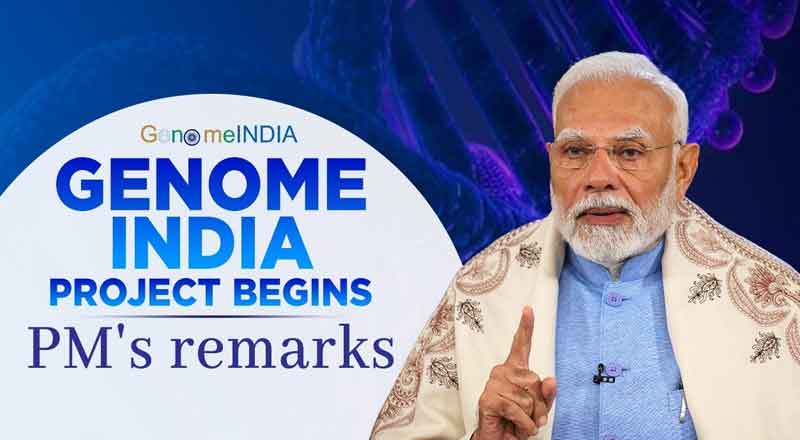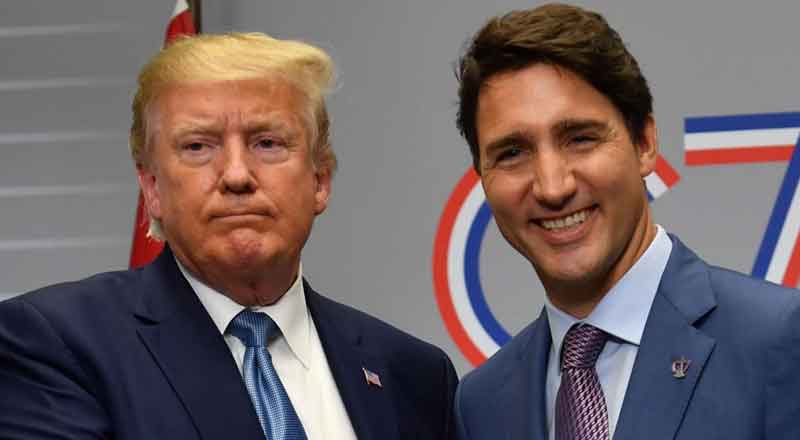GDP growth could slip to zero or negative in 1st quarter due to lockdown: NITI Aayog Vice chairman and he had ruled out the possibility of a recession as after June, he does expect some sectors such as hospitality, transport, entertainment and FMCG to start functioning.
The GDP growth could slip to zero or even negative in the first quarter due to the impact of the countrywide lockdown imposed to contain the spread of the deadly Covid-19, NITI Aayog vice-chairman Rajiv Kumar said.
While there is a chance that this may not happen since essential services are functioning, the virtual shutdown of all other sectors of the economy could result in a zero or negative GDP growth, Kumar said .
“See all the essential services are still working, so a small part of the economy is moving, that means it should not slip to zero,” Kumar said. “But it could slip to zero or even negative, who knows? It depends on how long the economic curfew last and what is clear is that the economy would be hit very hard during this quarter.”
Beyond June it would not be possible to provide any forecasts, Kumar said. “There is too much uncertainty — it depends on the length, severity and spread of the pandemic.”
“We expect the service sectors, which constitute 55 percent of the economy, to pick up immediately after; so there could be a revival of sorts.” He further said, “Saving lives has to be first priority, yes, and we should stick to that consensus.”
Explaining the rationale behind not announcing a big economic stimulus for the lockdown period, Kumar said, “We are not as opulent as some of the Western economies. We wish we were, but we are not.”
“We will have to calibrate our fiscal response so that we do not go overboard,” he added. “But this is not to say that more steps are not in the pipeline.
Earlier this week, Finance Minister Nirmala Sitharaman had announced a Rs 1.7 lakh crore relief package for the poor and migrant workers who have been hit the hardest by the lockdown. At the same time RBI Governor Shaktikanta Das Friday announced a deferment of all loan repayments, effectively allowing borrowers to not pay any equated monthly instalments or EMIs for any loans until 30 June.
Kumar further said, that we should look at the government response both as a fiscal and monetary package. “Together, it is a significant package.”
The estimate is guided by the rapidly growing uncertainties over the duration of the impact of coronavirus on economic activity in India and the rest of the world. India has been placed under a 21-day lockdown till mid-April, which has freezed virtually all the economic activity.
Despite the Reserve Bank of India’s (RBI) massive actions to spur the economy, India’s gross domestic product (GDP) is likely to contract by 4.5 percent in the April-June 2020 quarter and will rise by only 2 percent in 2020-21 on the coronavirus impact, according to domestic rating agency Icra.
“It has not been quantified but the debt moratorium for three months announced by the RBI would cost the banks some amount of money,” Kumar said. “The fact that the governor said that it would lead to Rs 3.75 lakh crore extra liquidity into the system – that has its own financial implications and cost that the government will have to bear.” With this the government will have to sell its bonds, and the government debt will go up in that sense,” he added.





